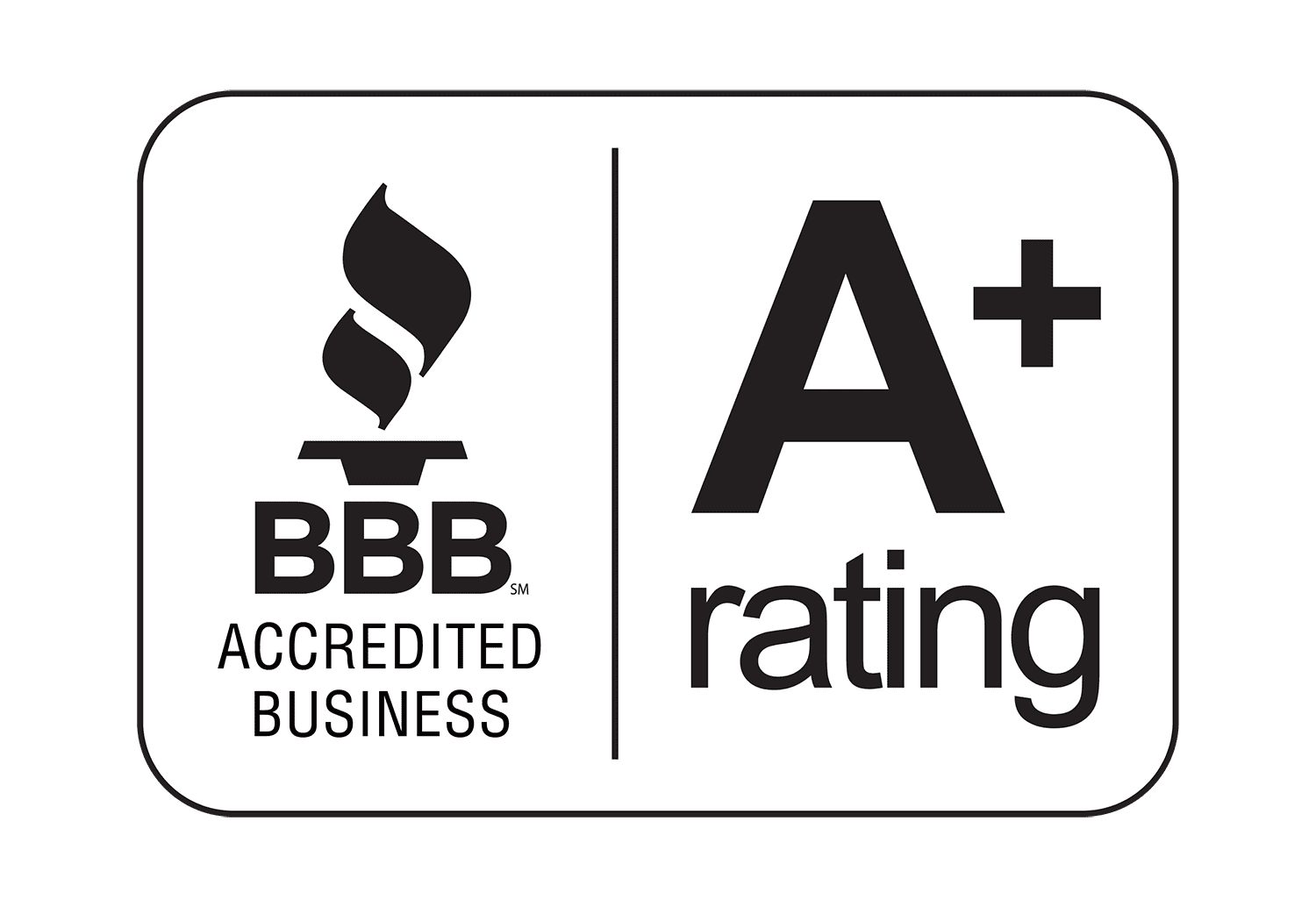Gold bullion has long been used as collateral for loans. Gold bullion provides a unique combination of security and liquidity that makes it attractive to lenders and borrowers alike—but there are both pros and cons associated with its use. Let’s explore each of them:
Pros of Using Gold Bullion
Gold bullion is an increasingly popular choice for collateral when taking out a loan. One of the main pros of using gold bullion as collateral is its liquidity. It can be easily converted into cash or exchanged for goods and services at any given time.
Gold tends to maintain a relatively stable value over long periods of time, despite short-term price fluctuations due to market conditions. This makes it less volatile than other types of investments, such as stocks and bonds, that may experience large swings in values between highs and lows within a single trading day.
Gold is considered one of the most reliable forms of currency worldwide. Gold’s scarcity and indestructibility make it an ideal form of money, meaning that it is not easily counterfeited or diluted in value by inflation like paper currencies are. Additionally, gold is universally accepted across the world, so people can use their gold reserves to purchase goods and services no matter where they go. Furthermore, gold prices remain relatively stable over long periods of time because its supply does not fluctuate with demand unlike other commodities such as food or oil which are subject to increased volatility. As a result, investors often turn to gold when seeking safe investments during times of economic uncertainty since it provides them with reliability and peace of mind.
Cons of Using Gold Bullion
The price of gold tends to fluctuate unpredictably over short periods of time, which could potentially result in a loss on behalf of the lender or borrower if they are forced to sell at an unfavorable rate. The price of gold fluctuates more over short periods of time due to its status as a safe haven asset. Gold is seen as a store of value and an inflation hedge, so when investors feel uncertain or want to protect their wealth, some turn to gold. This increased demand in a short amount of time causes the price to increase quickly. Similarly, if market sentiment changes or there are other economic events that cause investors to sell off their holdings, this can lead to large drops in the price of gold over short periods of time.
Gold does not generate any income as stocks or bonds do. This is because gold is an asset that holds its value and serves as a store of wealth. Gold cannot be fractionally owned, so there are no dividends to be paid out from ownership in gold. Unlike stocks or bonds, where investors receive interest payments by loaning money to companies or governments respectively, with gold, you will never get any type of returns other than the potential appreciation in price when sold at some point down the line.







